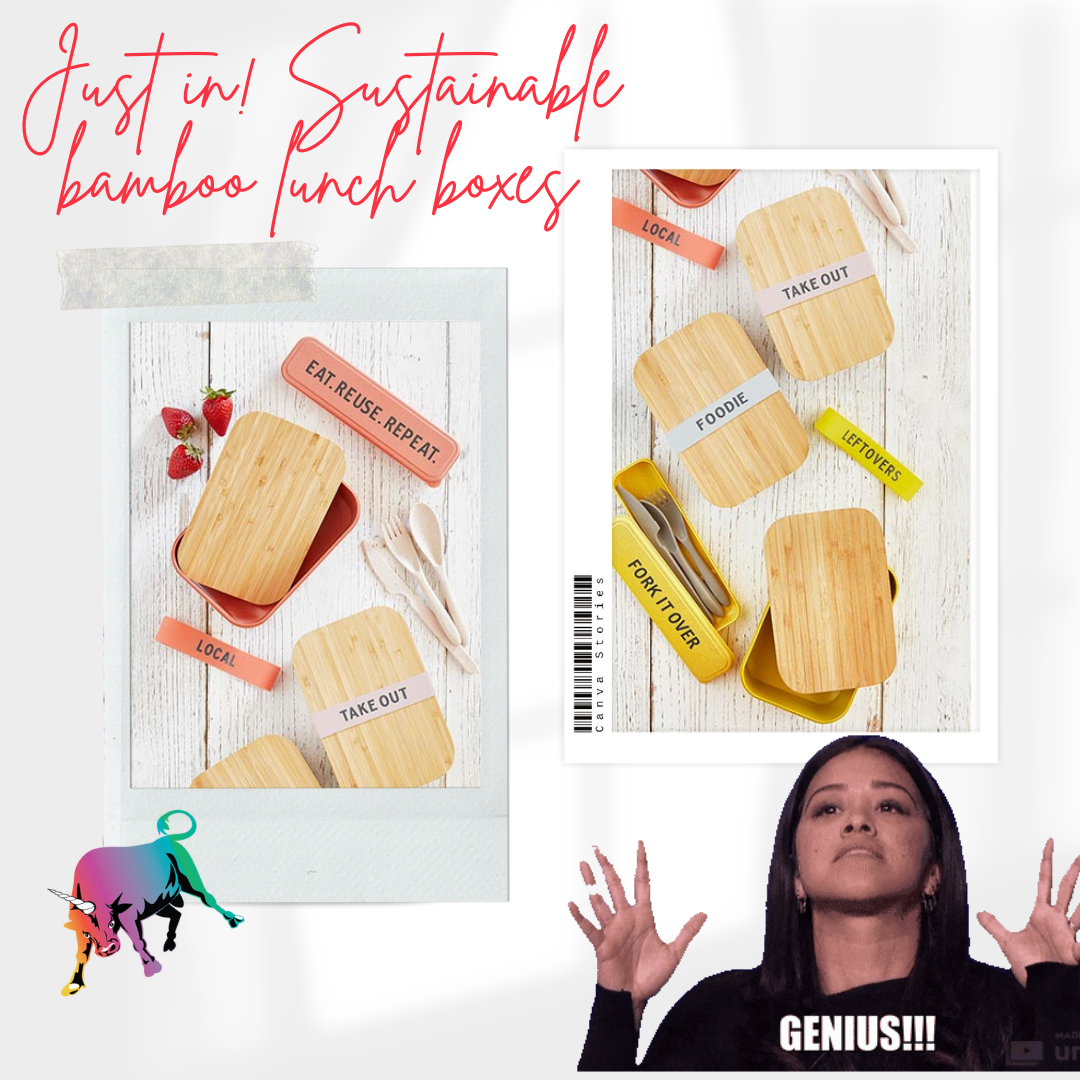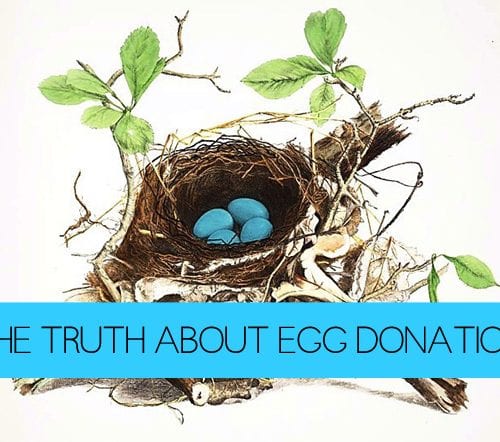This article is more than ten years old. It originally ran on a now-defunct website called The Gloss, where Bullish got its start. This post was created entirely by humans, as AI didn’t exist back then (but also: why would you want to read something no one could be bothered to write?) For more recent posts, try here.
It’s summer, when everyone gets lazy and begins asking the sometimes unintentionally infuriating question, “Are you getting out of the city?”
If you’re twenty-five and broke, well, no, probably not. And, no, you don’t want to contribute to a summer share in the Hamptons with fourteen other girls, because you have work to do and a career to build, and picking up the tiny crumbs of the privileged really doesn’t get you ahead or provide for a relaxing vacation, which, to me, requires a lack of class fury (see Bullish: Social Class in the Office).
I have this friend who constantly forwards everyone these articles from New York Magazine and the New York Times about how expensive it is to live in New York, or how New Yorkers are unhappy, or how New York ranks below Lesotho on some international scale of how long the average person has to work to be able to afford a colonoscopy. One article claimed that it takes $300,000 a year to live decently. Which, if you consider having a summer home and sending three children to private school (plus tutors, camps, and college counselors) requirements for living decently, is true.
But it’s also totally possible for a young, childless person to live well on low-five digits without going insane — especially if you view your financial condition as a temporary state on your way to building a personal empire.
As I’ve previously mentioned (see Bullish: Three Career F*ckups I Made So You Don’t Have To and Bullish: How Talking About Money Can Make You More of It), I moved to New York in 2003 after my company failed; I had $400, and some horrible things happened due to a lack of money and various desperate attempts to make more of it.
But I am happy to report that having had that experience was for the best — really, it was. Here are some ideas about being broke without going crazy.
Realize that many things the rich enjoy are not that great.
When you make money, you tend to know lots of other people who make about the same amount of money, and then you just tend to do the things that they do, not because they’re awesome, but just because that’s what people do. Obviously.
Martha’s Vineyard, for instance — not that special, and not especially luxurious. The rich like it mainly because you’re not there. You have to take at least seventeen modes of transportation, one of which is probably a ferry, in order to get there, and once you’re there, you can buy a sweatshirt with a picture of a dog on it. Truly, the emperor has no clothes. If something is that hard to get to, I would like it to not be in America and to be bursting with foodstuffs far more exotic than old-fashioned hand-churned ice cream.
For the New Yorkers, the NYT recently ran an article on Summer in the Rockaways. And for everyone: if you had enough money to get yourself somewhere at all, I’d try Buenos Aires — once you’ve paid for the flight, you can live like a well-fed queen, learn to tango, and get yourself to Patagonia, where there are penguins. Much of the rest of the world is far cheaper than anything in America.
Seriously, the feeling of having written a novel in three months (you can if you want!) is far better than the feeling of buying some preppy bullshit on a beach full of white people.

Similarly, many expensive summer accoutrements are a joke being played on consumers.
The Internet is full of $250 bathing suits (and $3,000 bathing suits), but in real life, those with the means to really enjoy summer are just wearing any damn thing, like mismatched a bikini top and bottoms with rolled-down gym shorts. That white monokini with the gold hardware? The only place you can wear that is at a hip-hop mogul’s pool party. The people really trying to impress at that pool party? They’re working, trying to get cast in something, or network, or maybe marry a rich man. Wearing metal in 90 degree weather is work.
Various books about wealth building have remarked that most millionaires drive old cars, wear Timex watches, etc. (Insert joke about how they got so rich…). Whatever level of youthful poverty you find yourself in, you could probably pass it off as mere eccentricity and/or good financial management if you carried yourself right. Not that it’s your job to impress anyone, especially when it’s 90 degrees out.
Secrets to successful staycations
First, start by Googling “TSA abuse” and watching the videos of small children, cognitively disabled people, and lots of hot women being molested by the TSA, and be glad that you will not be experiencing any of this. You will not be contracting skin infections from taking your shoes off at the airport. You will not be sitting on a plane next to a crying child whose ears are popping. So, start by appreciating all the agony you’ve just avoided.
Mainly, though, the main thing people like about vacations is all the free time. The days seem so long, because you are seeing and doing many new things, and because you are not spending time on the Internet. I find I regularly enjoy myself in a foreign country, and then say to myself: wait, I could walk around and look at buildings and read books in cafes in New York. I just…don’t.
So, seriously, if you have some days off, give your laptop to a friend for safekeeping. Now, the world is yours!
Feel free to wear a bikini in your own house. Pour cheap booze into cheap lemonade. Stay offline.
There’s a sort of Heisenberg Principle of Facebook: by reporting your good time on Facebook, you have interrupted your good time, which you wouldn’t have done if it were that great a time in the first place.
There are luxuries other than money
People who have money often lack time, of course. In cities in which real estate is expensive, space is also a great luxury. Want to feel richer than you are? Clear out all the clutter. Throw things away. Make a big donation to the thrift store. Have an empty desk, an empty kitchen table.
Now you are a minimalist (just like Brad Pitt!) Accessorize with a single bamboo plant (cheaper than a bonsai tree), and it looks as though you’ve chosen this lifestyle on purpose. Minimalism will give you mental space to plot your next move.
If you’re interested in being thin, now’s the time.
As always, I’m not saying that everyone should have the goal of being thin (or cut, or having a six-pack). But if that happens to be one of your goals, lacking funds is an excellent way to stick to a healthy and fat-destroying eating plan, and I don’t mean by simply not eating (which is a terrible idea).
When I first moved to New York, I was on a low-carb street meat diet (i.e., kebabs from the cart). I later lived next to someone who cooked the food for several halal food carts in his apartment, and considering that this is the same neighbor who got in a drunken, naked fistfight with his roommate in our hallway after the roommate urinated on the floor, I decided I was done with street food.
But I also have had the experience of being a bodybuilder. Bodybuilders can manipulate their own bodyfat within ounces. They decide what they’re going to eat, and they eat exactly that. They generally eat the same thing every day, measure their food on a scale, carry food in plastic containers with them wherever they go, and basically stick to the plan by wanting to win, and also by just ignoring the fact that food is sometimes used for enjoyment. They just put that off until later, such as after a competition, or when they’ve retired.
There are many cheap foods (lentils, beans, egg whites, and whatever vegetables are on sale) that are conducive to having a six-pack, if you’re willing to do some basic cooking. (Oxygen magazine is a great place to start.) Sticking to whatever plan you decide on is much easier if you take all of the decisions out of it, and develop an obsession with something else — like working out, or earning money, or starting a business, or writing a screenplay, or saving the world (see Bullish: How to Use Your Career to Make the World A Better Place).

Austerity in general is an advantage you have that others do not.
Summer is a time that other people become lazy, which means that it is a time for you to get ahead.
I remember sitting at a table at a conference related to women and business school. I was answering questions about the GMAT, the exam for admission to business schools. I remember that a woman came by and filled out an information slip, paused over “job title,” and joked to me that she was a “lady of leisure.” She looked about 38. She asked a few questions about preparing for the GMAT. Most people spend over 100 hours (and, incidentally, practically the entire nation of India is spending much, much longer in an oft-effective attempt to kick our asses). She frowned and said that she probably wouldn’t do it, and would go look for something easier.
Obviously, that was just one silly, effete woman. But people in general are bad at buckling down when they’ve got 500 channels at home, a nice car, and the ability to eat at nice restaurants whenever they want. Starting a business is just too much work for them; every time they sit down to do something, they must deploy substantial reserves of willpower to forgo the luxuries in their lives.
If you do not have these luxuries, it is easier for you to expend willpower to start a business, create a great work portfolio, etc. Many studies have shown that willpower is a limited commodity (if you are using willpower to force yourself to exercise, you will have less willpower to force yourself to study, etc.) By having less luxury, you have more willpower. Willpower is something that cannot be purchased at any price; it is a tremendous advantage.
Finally: when success comes, you will enjoy it more.
Some experts say that everyone has a happiness set-point, and that after very good or very bad things happen to you, you tend to return to that set-point. I think this effect can be easily overridden by more powerful experiences and drives.
I was a miserable child; I hated the institution of childhood and found my entire life degrading. I was a snide teenager, because I didn’t know any better way to be. I am a ridiculously happy 32 year old, and even I marvel at the things that make me happy — I’ve lived in my apartment building for two and a half years, and I never stop marveling at its Art Deco exterior and the fact that I have the elusive New York dishwasher (really, those are very hard to find in Manhattan).
These things — and many others — make me happy every single day, and they never wear off. This is obviously, to me, a result of having lived on lentils, done degrading work for horrible people for not enough dollars, lived in a den of East Harlem rats, and been class-humiliated in school and financially shamed in New York. (See Bullish: How to Motivate Yourself to Be Motivated, which recommends the strategies of disgust, fear, and revenge.)
Once your basic needs are taken care of, the purpose of making more money is to bring you pleasure. So, if you were the sort of person who were immune to the pleasures of money — a blasé individual who had always had some — then what would be the fucking point of anything?
Being broke now is a launch pad to whatever you want to do in the future. Let lazy people frolic in the Hamptons, get seasick on the ferry, and get body-scanned at the airport. There are things to be done, and it can actually even be enjoyable to use this life stage to get ahead.







